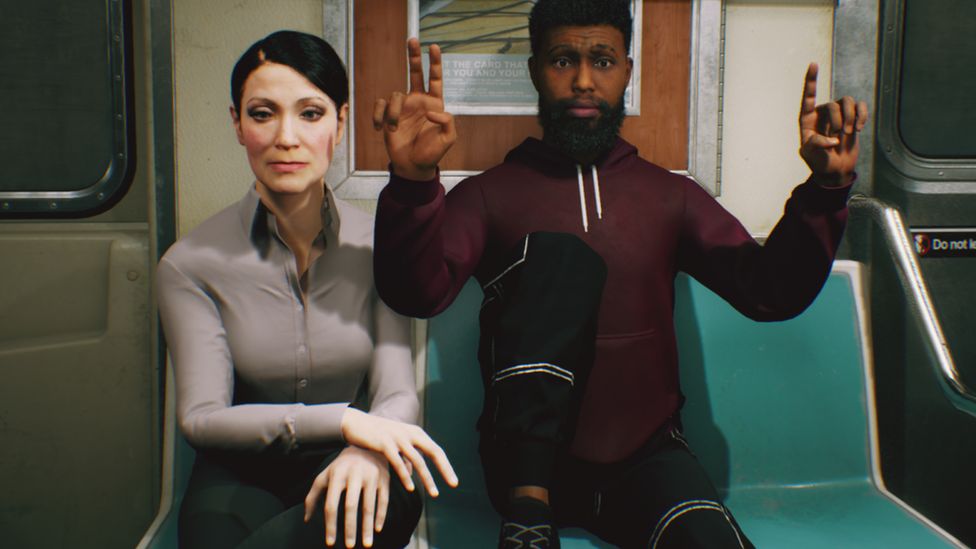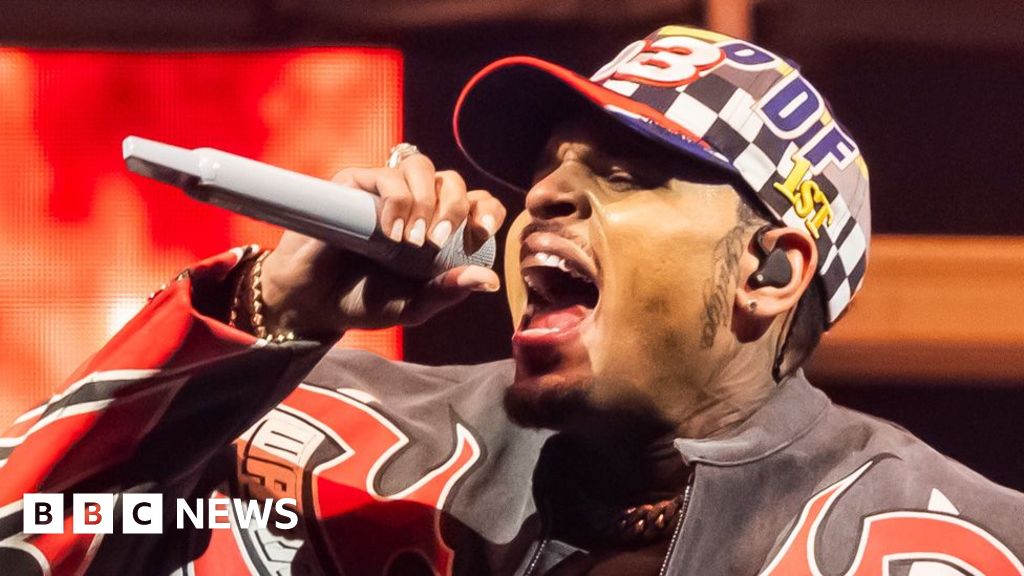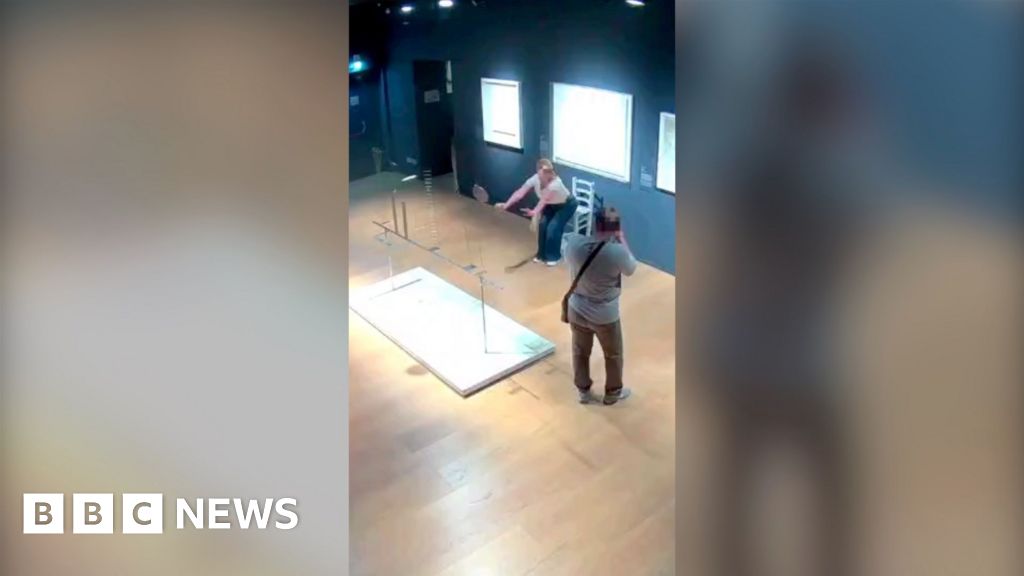ARTICLE AD BOX
 Image source, charisma.ai
Image source, charisma.ai
Charisma.ai is one company that is exploring how AI can be used in storytelling, these characters are part of a demo on how it works
By Steffan Powell
Gaming correspondent
Artificial Intelligence will lead to more jobs in the video game industry, one of the bodies representing games developers has told the BBC.
Dr Richard Wilson, boss of TIGA, says AI will "reduce the cost of making games and speed up the process".
Video games have been using forms of artificial intelligence for decades.
But use of the latest technology in games creation is concerning some who worry that it could cost jobs and create legal issues for studios.
UKIE, another organisation that looks after games companies in the UK, said it recognises there are concerns, but added the developments in this field were an "exciting opportunity" for the industry.
Even in the 1980s when players would put their coins into an arcade machine to help Pacman (or Ms Pacman) collect white dots on the screen, it was a type of AI that told the ghosts how to hunt the player down.
"This is a much simpler form of AI compared with what we're talking about today, but fundamentally the core principles are the same," says Dr Tommy Thompson, an AI in games expert.
"It's helping make intelligent decisions by looking at a snapshot of a game and from that characters can make intelligent judgements on what to do."
Image source, NAMCO LTD
Image caption,Pac-Man was first released in 1980 and used a more basic form of AI to operate the non-player-characters
But while AI has been used to influence what happens on screen for years, it could now influence the process of getting games onto screens in the first place.
Being able to quickly create hundreds of pages worth of scripts, voice background characters or draw thousands of pieces of art could be a game changer for the industry according to some senior figures.
"It should allow games studios to make routine aspects of game development automated, and then use that space to be more creative and focus on other areas," Dr Wilson says.
"Reducing the overall cost of development will mean more games studios which should, therefore, mean more jobs."
Guy Gadney, one of the co-founders of Charisma.ai, a technology platform that allows generative AI techniques to be used in games, thinks it will give makers a new way of telling stories.
It all comes down to how computer-controlled characters can interact with the player.
Instead of a handful of pre-prepared lines that are regurgitated to players at random, AI can allow for characters like these to 'think' and respond more intelligently depending on the story that has been written for them and the behaviour of the player.
Image source, charisma.ai
Image caption,The Kraken Wakes is an example of a Charimsa.ai game that uses AI to control non-playable-characters
He explains: "In games, players are often running through the three-dimensional environment, we want people to stop and engage more.
"We want players to have deep dives in moments, where they sit and have natural conversations with characters. Previously this happened by giving you four conversation choices on screen, which is very limiting, it's only an illusion of choice. We want more than that."
For Guy Gadney unlocking the potential of non-playable-characters will change how games tell stories, by allowing players to interact with what's in front of them differently to how they do it now. Charisma.ai is also working with companies like Warner, Dreamworks and Sky about how this technology might also work in other forms of storytelling.
This week BBC News is focussing on AI, how the technology affects our lives and what impacts it may have in the near future.
Dr Tommy Thompson, who also has a dedicated YouTube channel for AI in gaming, is excited about the potential of the technology. But he also warns that the industry needs to be cautious.
He says using widely available, open access AI tools in their current form in games "is not practical" for studios.
"Who owns the copyright? With image generation for example, there's several ongoing lawsuits where people are asking if their art was used as the basis for image creation, and was appropriate consent given?
"If you're generating assets for your game using some AI platforms then you don't own any of that copyright on a legal basis. If you were to ship that game anyone could use those assets and put them in another game and there'd be zero legal basis to stop them. The law will say, 'well, actually you didn't own copyright.'"
Some games studios are creating their own AI platforms to get around these issues, but that is time-consuming and expensive. For small games companies who might be drawn to open source AI tools, the risks outweigh the benefits at the moment, according to Dr Thompson.
"I think it is important that we step back and look at the larger implications of this," he says.
"It is not something that's going to get solved overnight. That isn't to say that generative AI tools aren't being used internally in studios in new and really interesting ways, but I don't think it's going to be the Nirvana that people are imagining."
In a statement to the BBC, Daniel Wood, UKIE co-CEO, said: "The video games industry is always at the cutting edge of technology so we are already using AI in many areas including production, art, interaction with in-game characters and community management to create even more exciting and engaging experiences for our players.
"Whilst UKIE and the wider industry will continue to look at topics such as copyright and the fast-changing skills needs of games businesses, the future possibilities of AI promise a lot of exciting opportunities for our sector."
For more gaming stories listen to Press X to Continue on BBC Sounds.

 1 year ago
45
1 year ago
45








 English (US) ·
English (US) ·